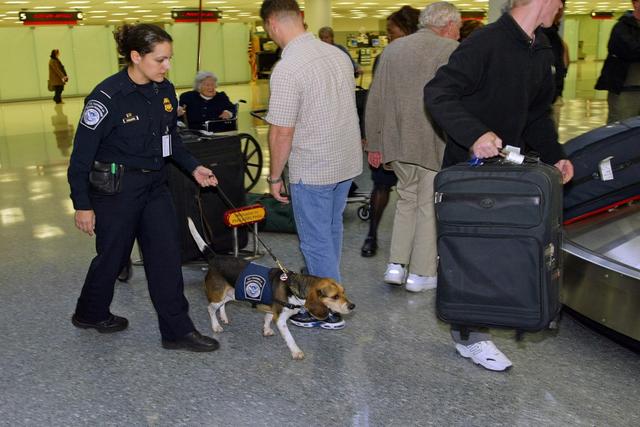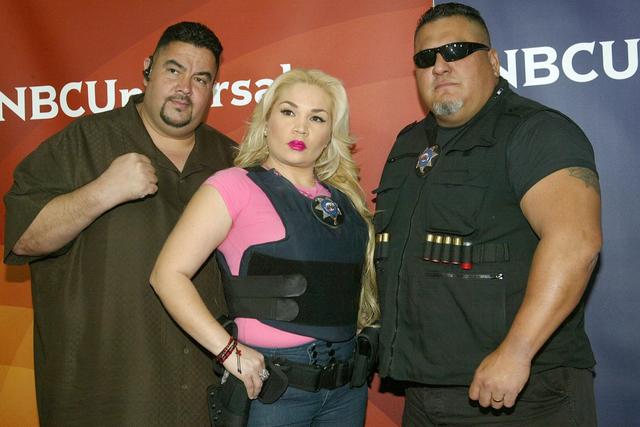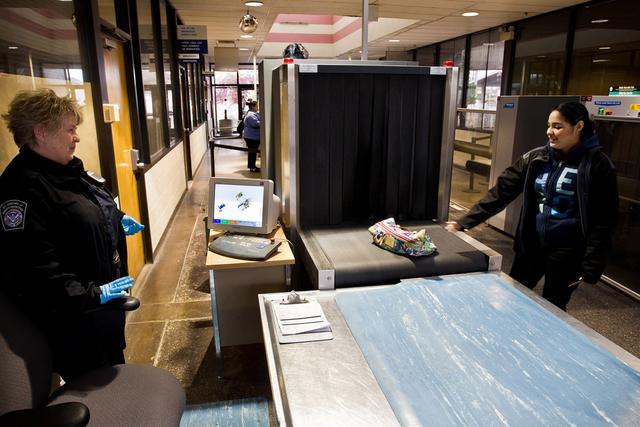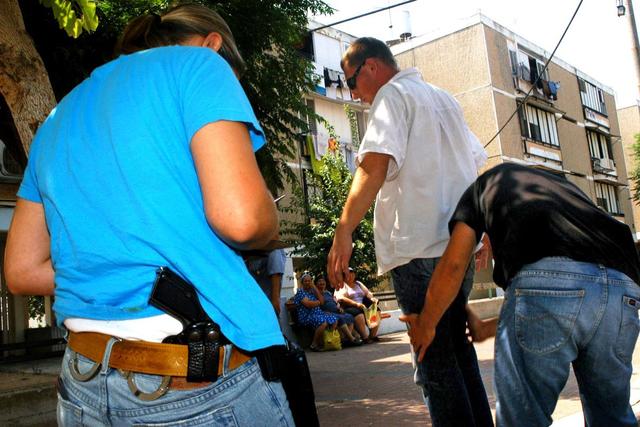Bail Bondsmen
Overview

Introduction
When someone is arrested for a crime, a bail bondsman (also known as a bail agent or bail bonding agent) pays the bail so that person can go free until it is time for the trial. The bondsman charges a fee of 10 to 15 percent of the total cash bond assigned by the court. If the person doesnt appear for trial, the bondsman must either find the person or hire someone, known as a bail enforcement agent, fugitive recovery agent, or bounty hunter, to find the person and bring him or her back. B...
Quick Facts
Median Salary
Employment Prospects
Minimum Education Level
Experience
Skills
Personality Traits
Earnings
Most bondsmen have their own businesses, and earnings vary according to how much time and effort is invested in the job. Another important factor influencing the earnings of bail bondsmen is the number of their clients who show up for their court dates. According to the National Center for Policy Analysis, a research institute in Dallas, 95 percent of a bondsmans clients must show up in court f...
Work Environment
Bondsmen work out of offices; some do the work from their homes. Usually the bondsman is located close to the courthouse so the accused can get immediate service. Bondsmen can work alone or as a team with other bondsmen and people who monitor clients and research background information. Bondsmen spend a lot of time doing paperwork; they must keep records detailing all of their actions and contr...
Outlook
Opportunities for bail-bonding work are growing as people with criminal justice, law enforcement, and insurance training enter and gain success in the field, thus gaining the publics respect for the necessity of this work. Professional Bail Agents of the United States says the bail bondsman career is a growing field, but the use of personal recognizance bail has had a negative impact on its gro...





















































